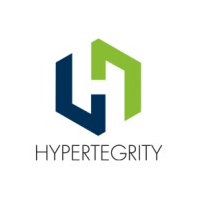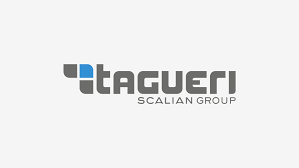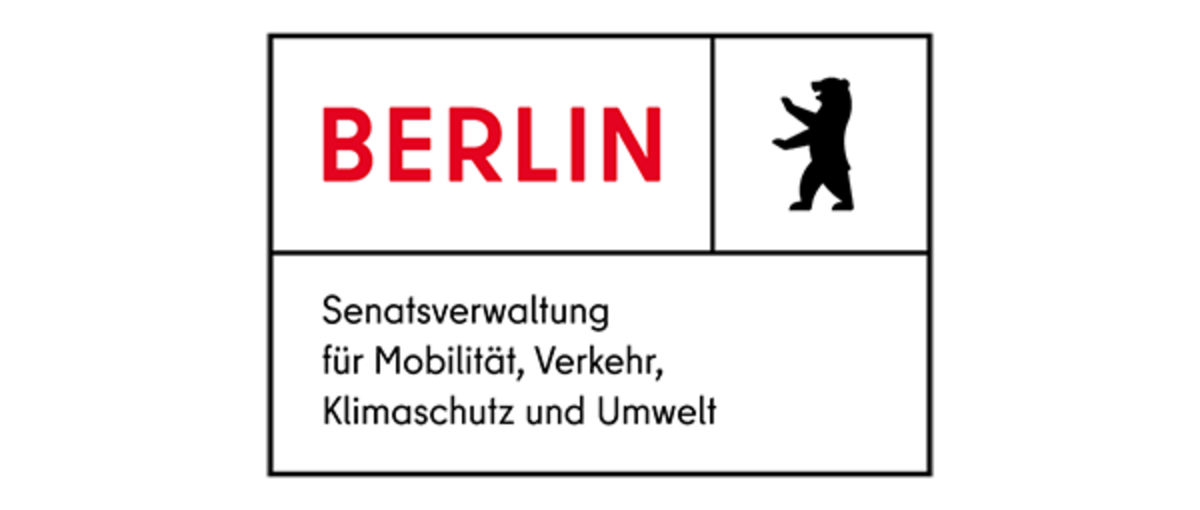
19.6. | Presentations at the Intersolar Europe Conference
19. June 2024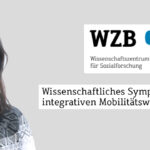
25.6. | WZB Symposium on the integrative mobility transition
25. June 2024A heat register for the state of Berlin
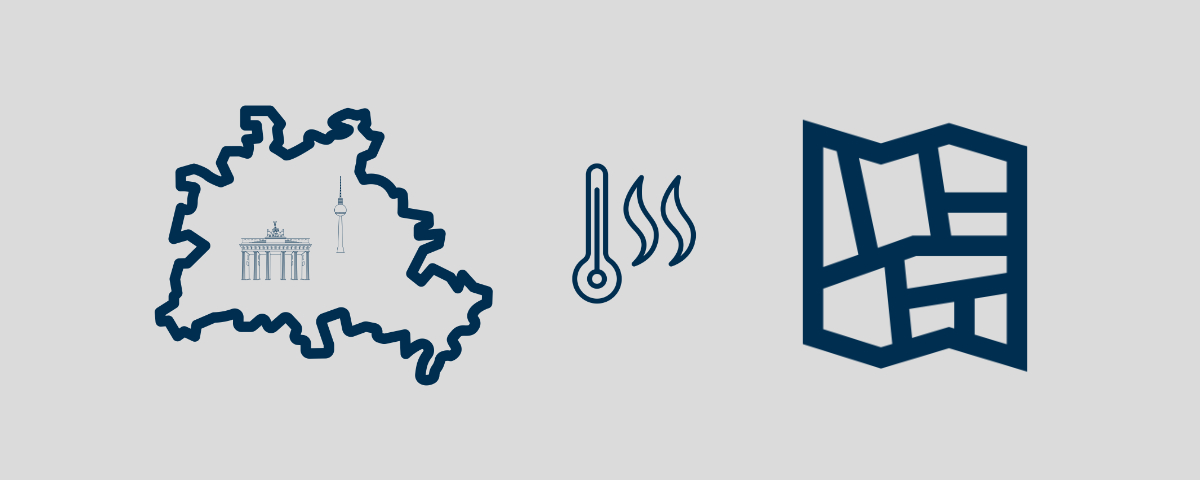
In this project, RLI scientists and project partners are developing a standardised procedure for the collection, recording, storage, presentation and use of data for heat planning in the state of Berlin. The project to create a heat cadastre aims to develop a comprehensive digital platform that provides the (data) basis for heat planning for Berlin. The heat register serves as the basis for municipal heat planning in accordance with the Heat Planning Act (WPG) and the Berlin Energy Transition Act (EWG Berlin).
Data basis for heat planning
The main objective of the heat cadastre is to create a detailed and updatable database that depicts the status quo of heat supply, the building structure and the availability of renewable energies and waste heat potential in Berlin. This is to be achieved by integrating and aggregating data from various Berlin stakeholders. The platform will act as a central data hub that can be used both for heat planning and for simulations of the future development of the heating market.
Open source technology for data processing
The technical realisation of the heat register is based on the open source urban data space platform FUTR HUB. This platform enables the integration and processing of geodata required for the heat cadastre. A variety of data sources are used to provide a comprehensive overview of the heat supply in Berlin. Various user groups can access the cadastral data via the portal, which is made available via a map visualisation. The open development facilitates the transferability of the platform and its use by other municipalities.
This project represents a step towards a sustainable and efficient heat supply in Berlin by creating a solid database with the option to expand in order to optimally support heat planning and development.
Project period: May 2024 - April 2026
Data basis for heat planning
The main objective of the heat cadastre is to create a detailed and updatable database that depicts the status quo of heat supply, the building structure and the availability of renewable energies and waste heat potential in Berlin. This is to be achieved by integrating and aggregating data from various Berlin stakeholders. The platform will act as a central data hub that can be used both for heat planning and for simulations of the future development of the heating market.
Open source technology for data processing
The technical realisation of the heat register is based on the open source urban data space platform FUTR HUB. This platform enables the integration and processing of geodata required for the heat cadastre. A variety of data sources are used to provide a comprehensive overview of the heat supply in Berlin. Various user groups can access the cadastral data via the portal, which is made available via a map visualisation. The open development facilitates the transferability of the platform and its use by other municipalities.
This project represents a step towards a sustainable and efficient heat supply in Berlin by creating a solid database with the option to expand in order to optimally support heat planning and development.
Project period: May 2024 - April 2026
The RLI assumes the following tasks:
- Conception and implementation of a metadata standard as well as data integration and quality control






